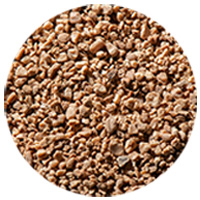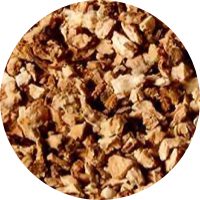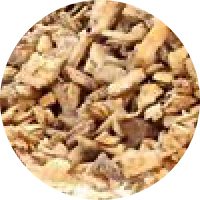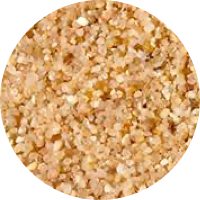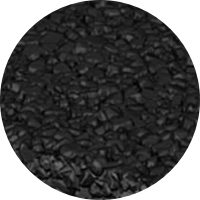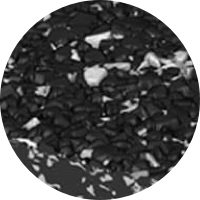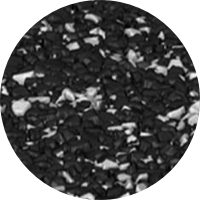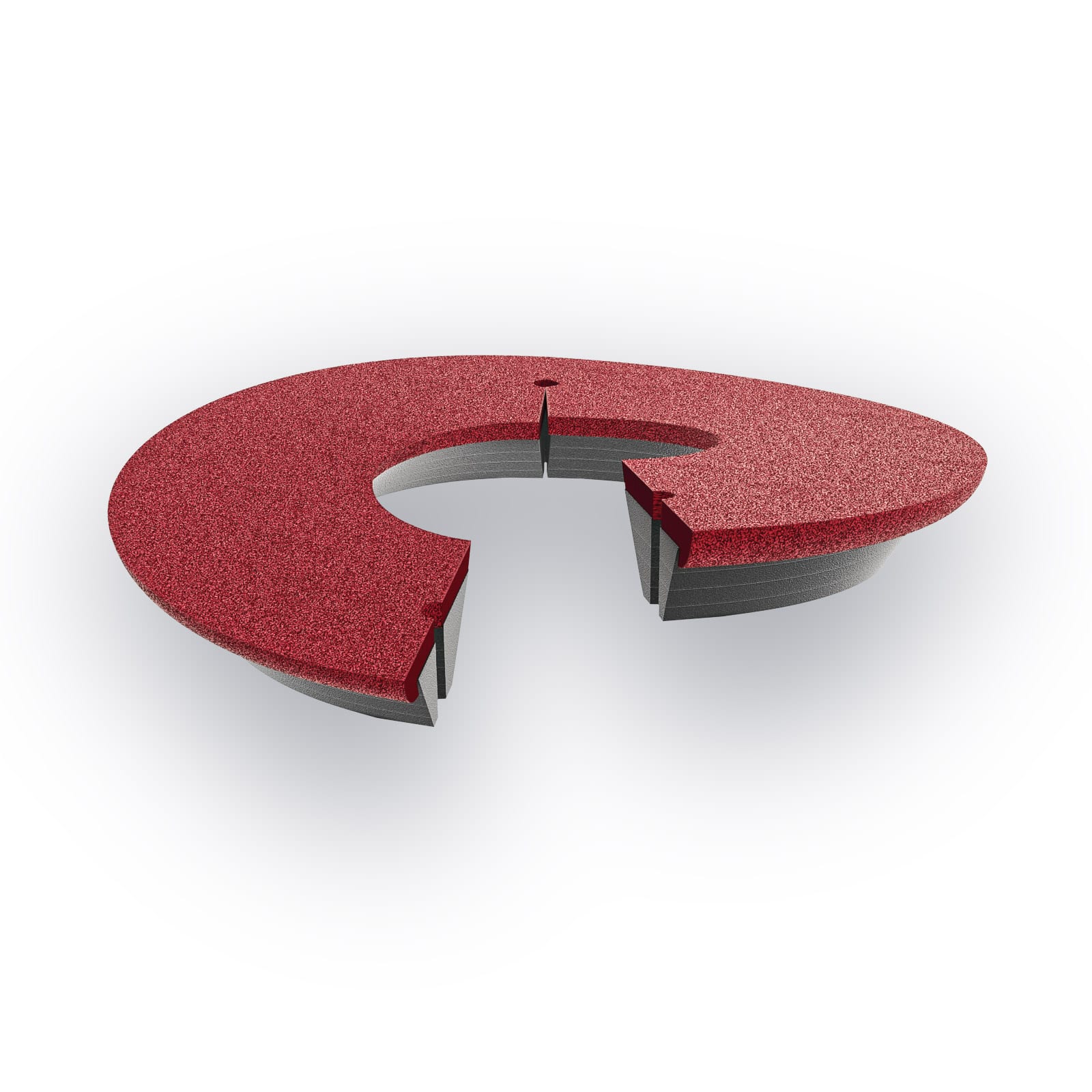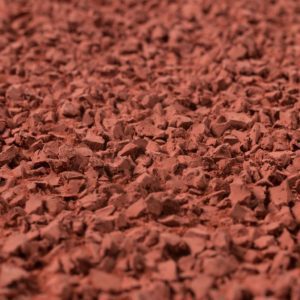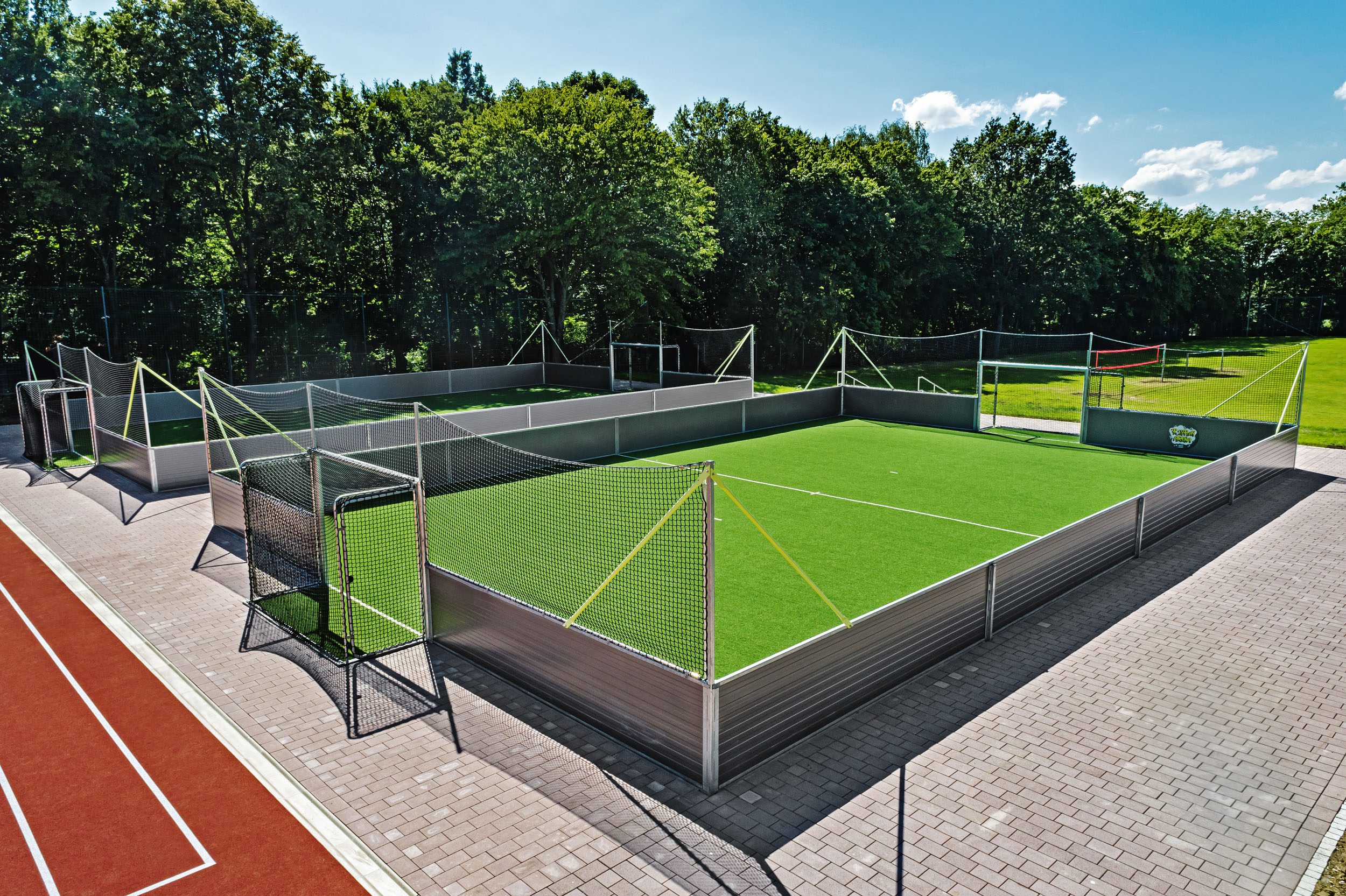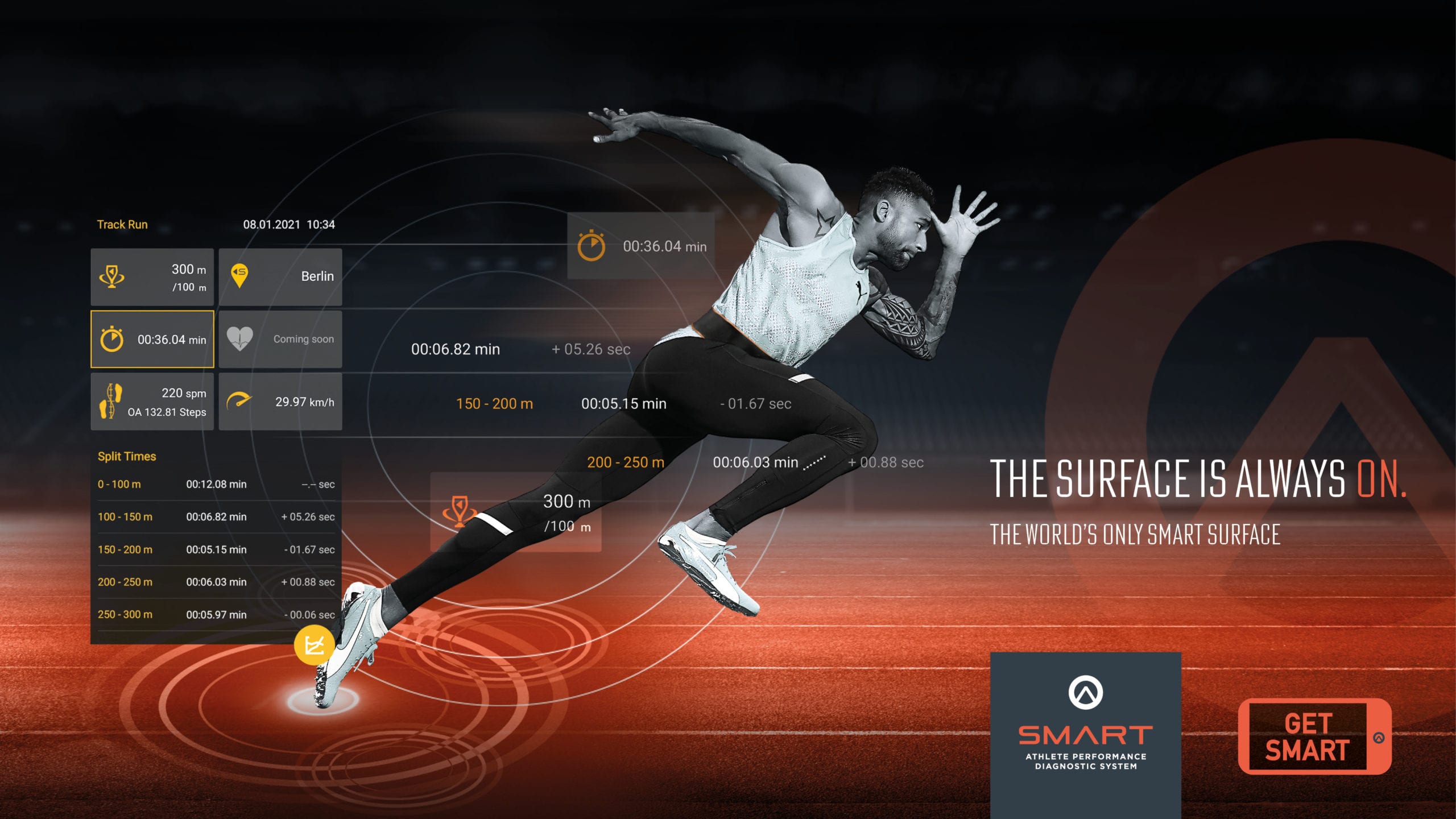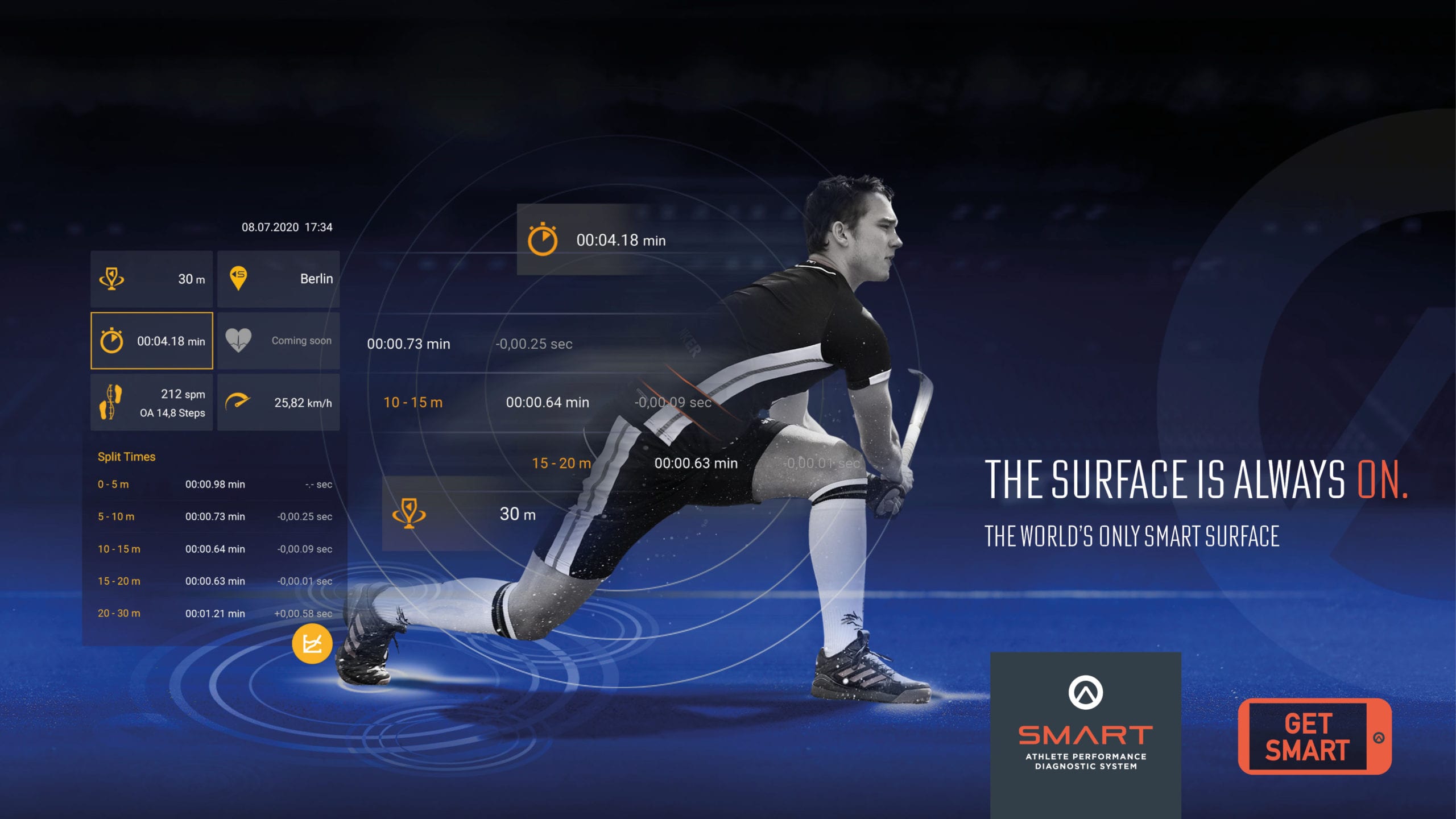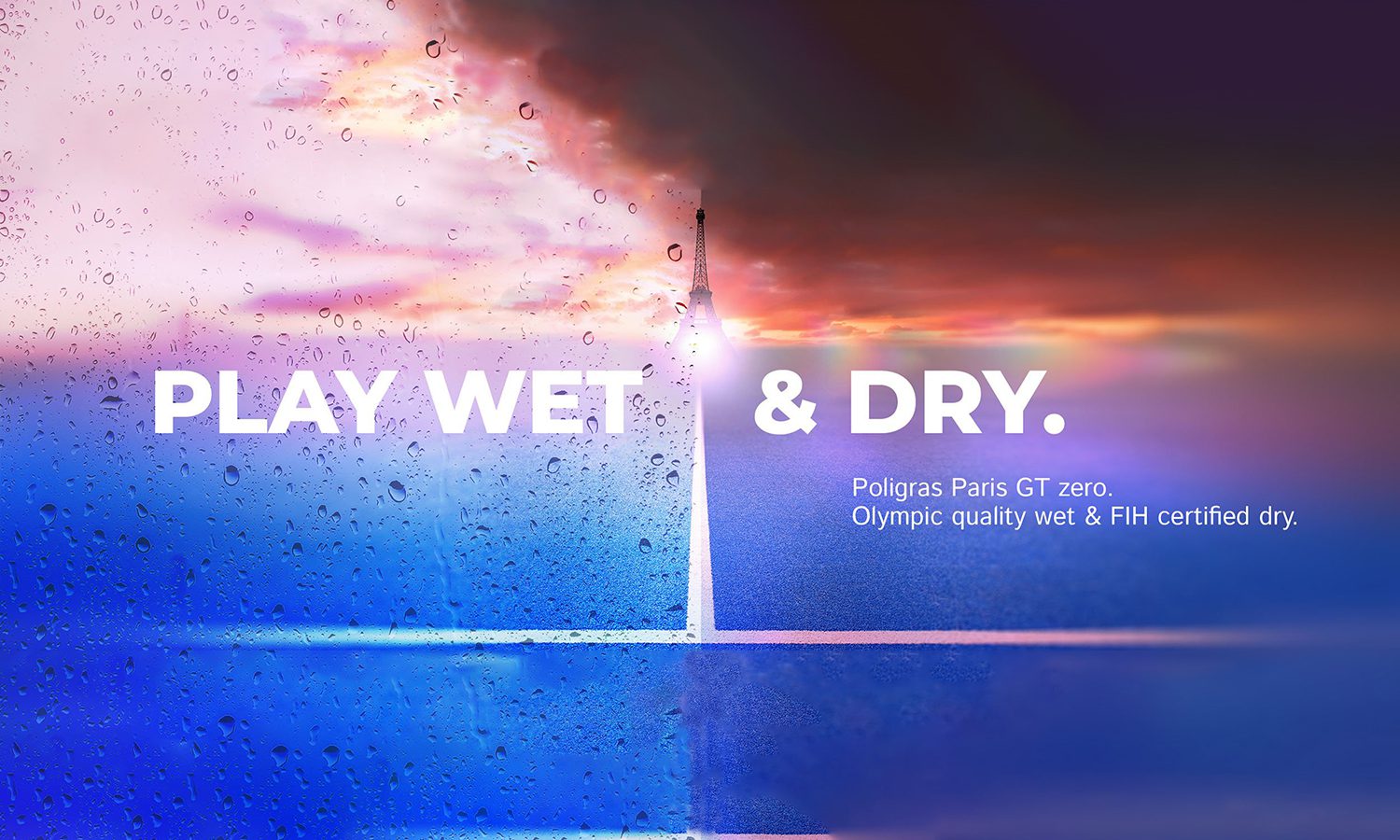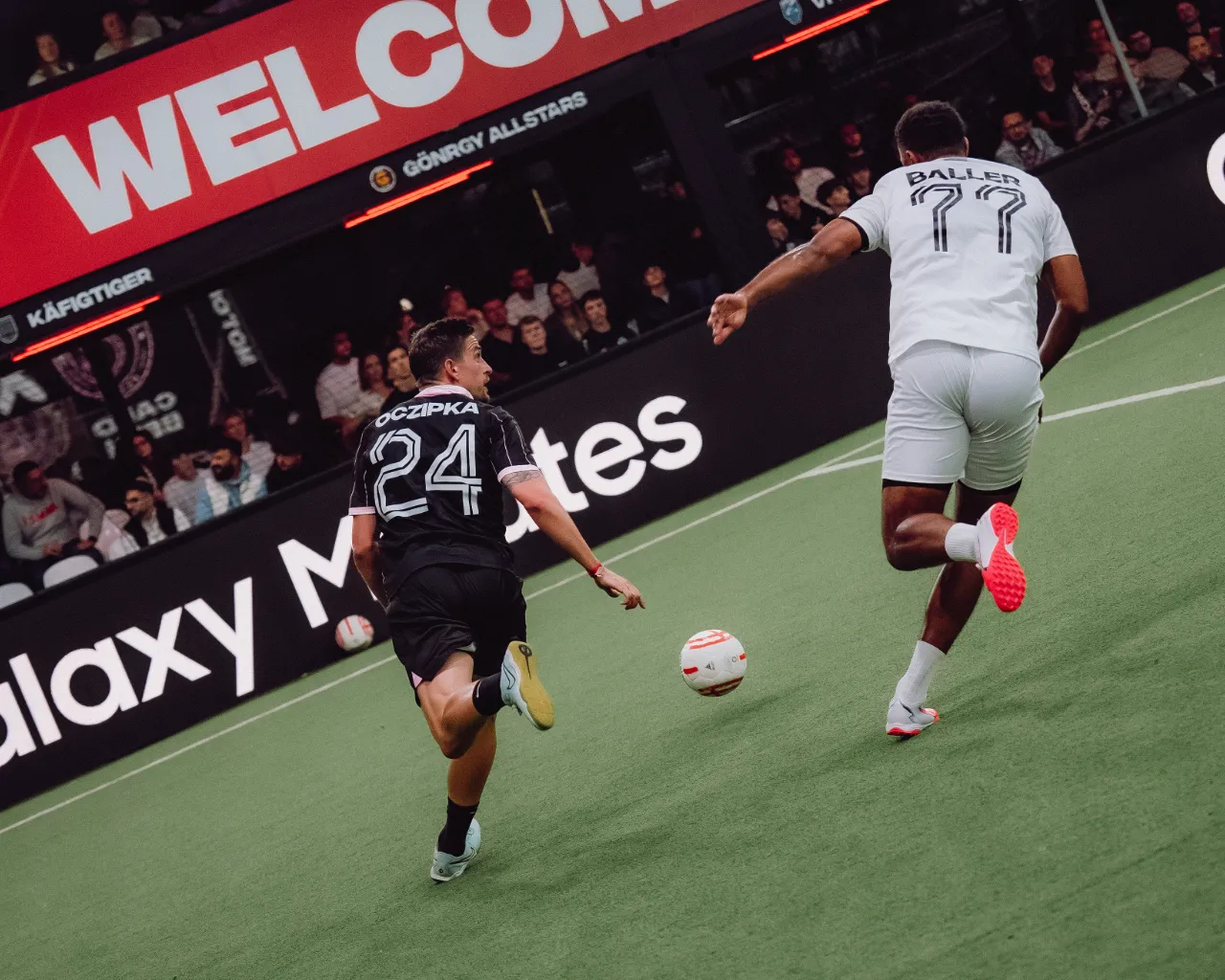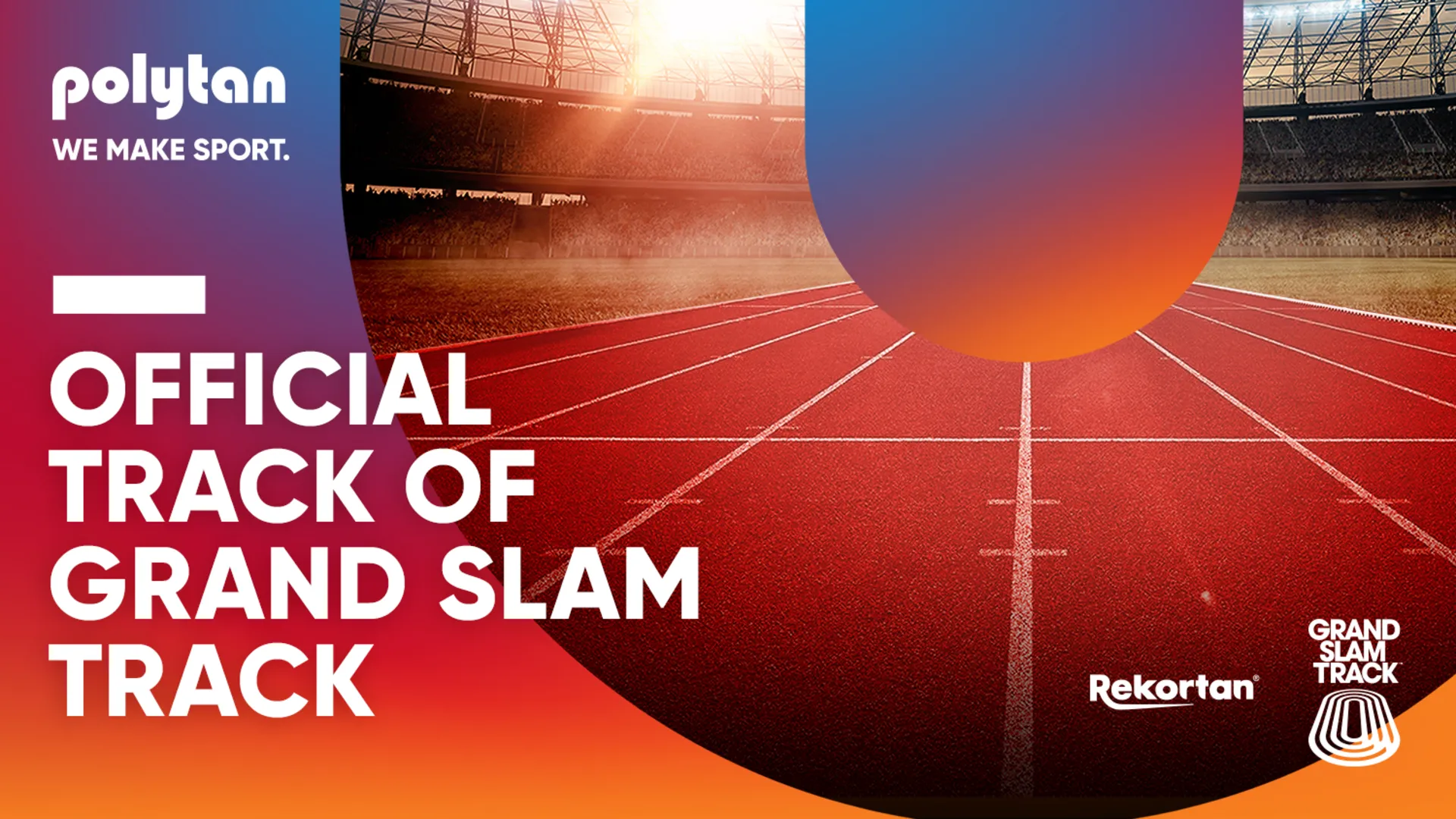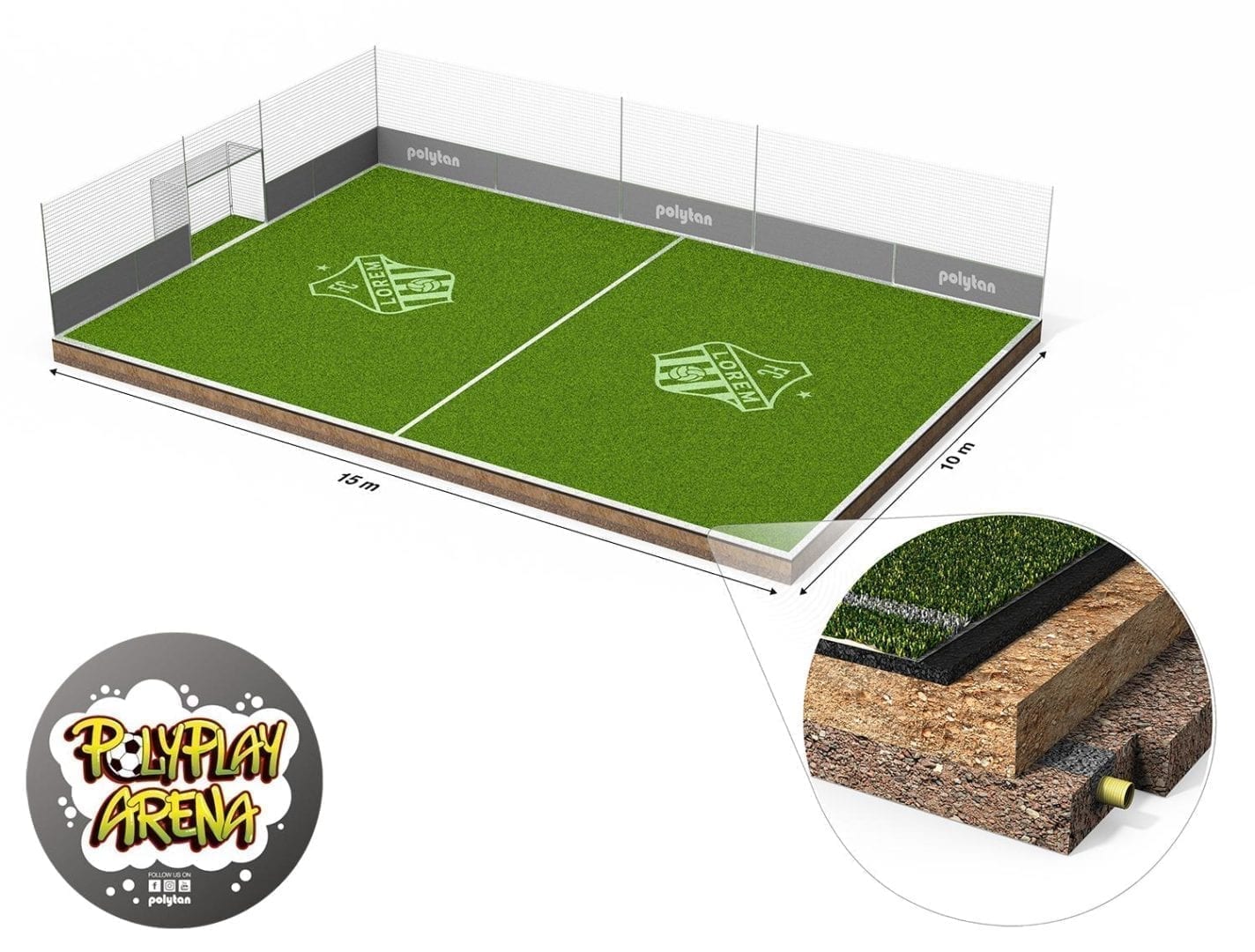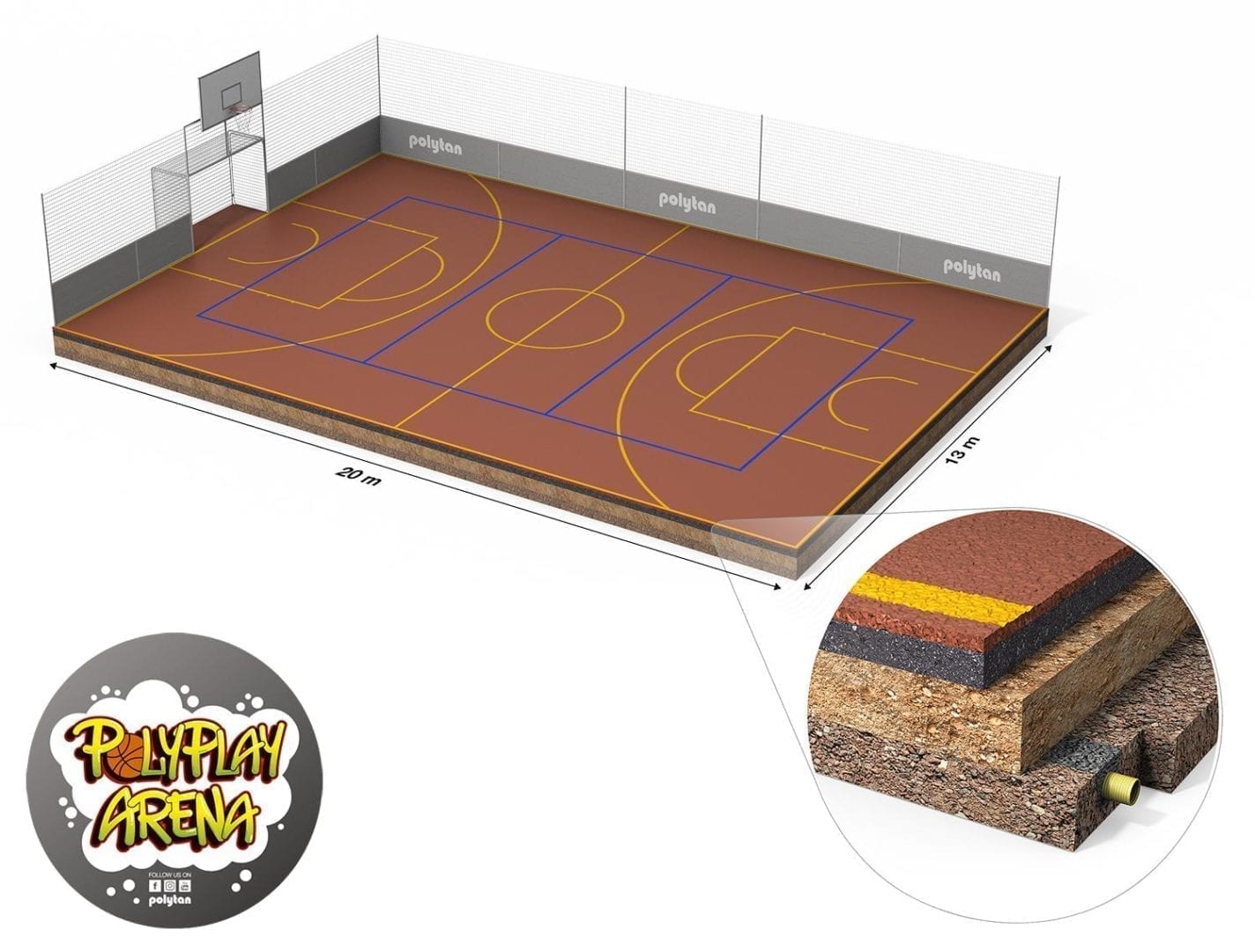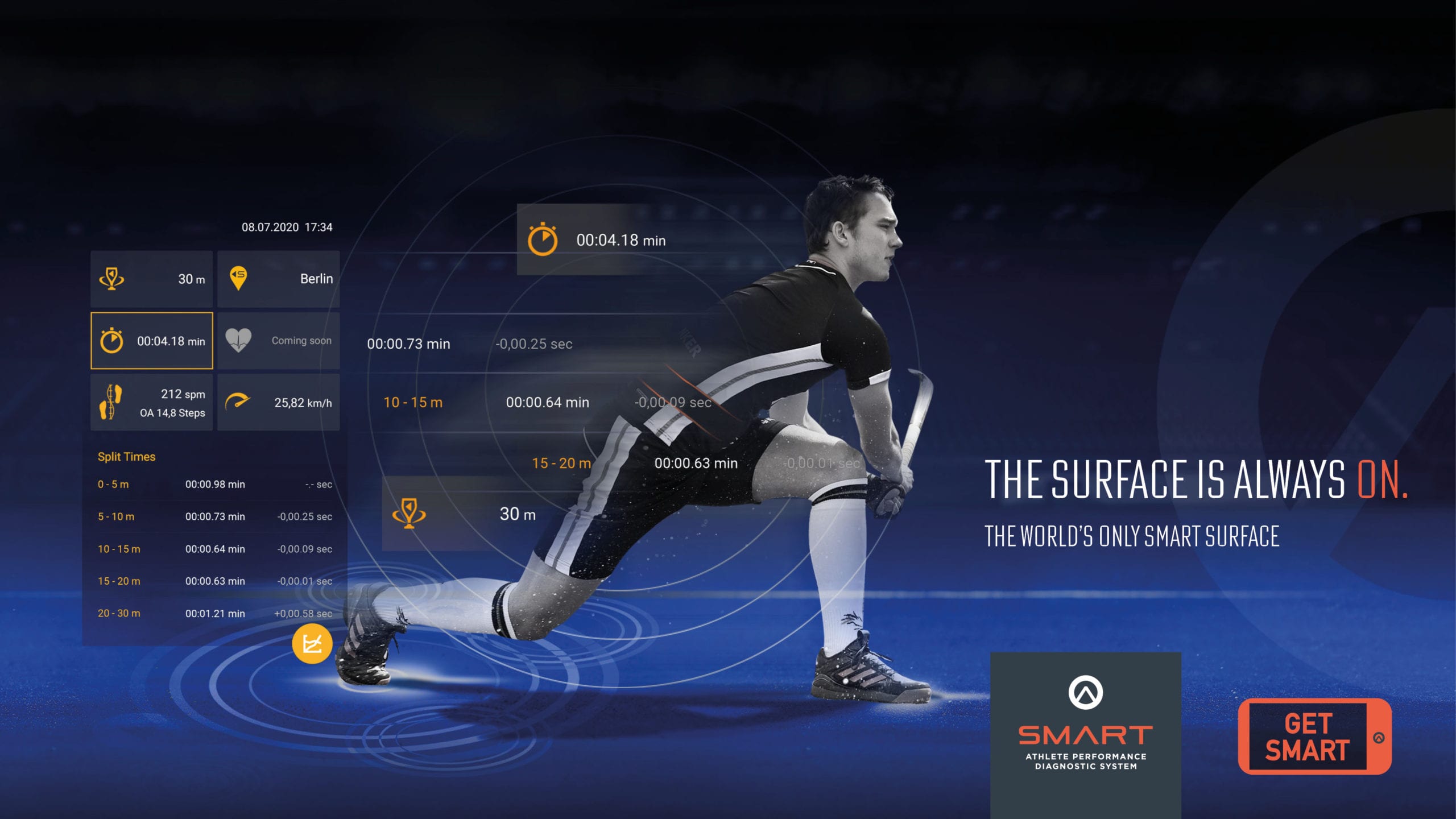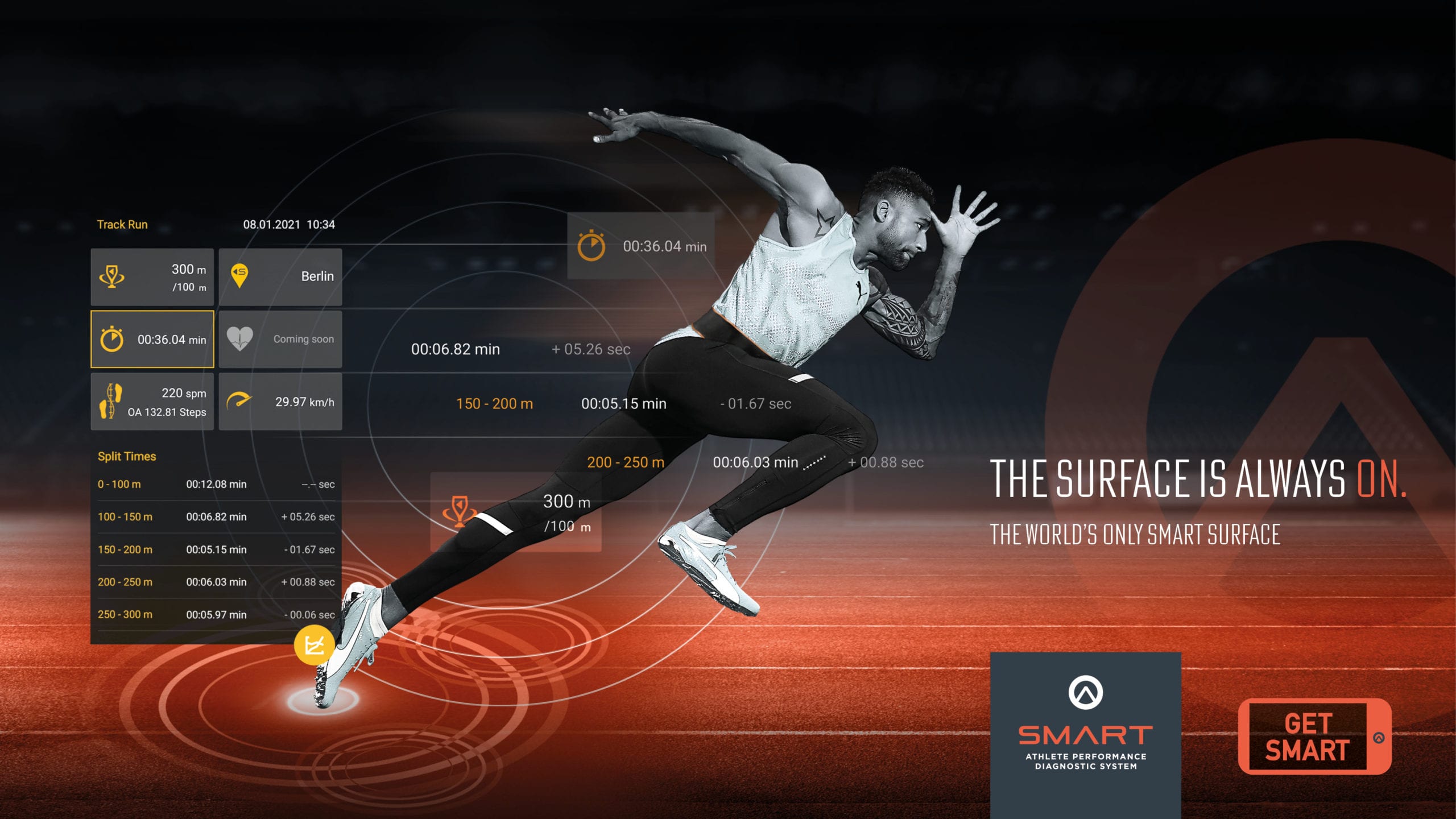The Paris Olympics will be played on ‘Poligras Paris GT zero’ hockey turf. It is the world’s first and only carbon zero hockey turf and has also been FIH Innovation-certified for dry hockey. Hockey is a progressive sport, and the Poligras Paris turf has already been installed in 10 countries, showing that the global hockey community is embracing greater sustainability for the sport.
The Poligras hockey turf has FIH Global certification, which means that top level hockey, like the Olympics, will still choose to use the turf wet, but it has also been FIH Innovation-certified for dry hockey. For hockey around the world this unique ‘play wet / play dry’ crossover performance delivers great flexibility and many benefits. As the FIH transition elite-level hockey to dry surfaces, we see this as a very valuable feature of the Poligras Paris system. A club can now choose a carbon zero turf that provides Olympic quality when wet and performs better than a current sand-dressed turf when dry. That’s the best of both worlds.
Reduced friction and reduced water with Turf Glide technology
The Paris turf features a new and proprietary friction-reducing technology called Turf Glide, which reduces friction and abrasion, allowing the turf to meet the FIH Innovation standards for dry hockey. Turf Glide not only means that when dry, the Paris turf plays better-than-sand, but also that less water is required to lubricate the turf for elite hockey. The Paris turf only requires 1mm of water across the surface to achieve Olympic level performance and meet FIH skin friction requirements. For a full turf this is only around 6000 litres. We saw a 40% reduction in water consumption with the hockey turf used at Tokyo 2020 compared to Rio 2016, and the Turf Glide technology will generate further water savings for Paris 2024. And in many locations the atmospheric moisture, such as light rain or dew on a cool night, will be enough to transform the turf to Olympic level performance. This gives facilities the flexibility to do a dry installation (i.e. without an irrigation system) and benefit from an upgrade when there is moisture in the air. We have seen venues in South Africa, Australia, UK and USA choose this option. For other locations, like Auckland, which has an irrigation system, they are often not using it.
“Our Poligras Paris GT zero turf plays very well when dry – significantly better than a sand-dressed field. When wet, it is a top-quality pitch enjoyed by our best players. There have been many days, especially in winter this year, when we haven’t turned on the irrigation, saving us money but not detracting from the playing experience. All we need is a bit of moisture in the air and the ball zips around.”
Manoj Daji QSM
CEO Auckland Hockey
Internationally experienced Hockey Coach, NZ and Spain.
Poligras Paris saves 73 tonnes of CO2 compared to a conventional turf.
The turf is made with 80% sugarcane, features a new CO2 optimised backing, and is manufactured in Germany using green electricity. This amazing science ads up to…zero.
Carbon Zero official certification
The carbon footprint of the Poligras Paris GT zero turf has been certified as a climate-neutral product by Berlin-based DAkkS accredited consulting company GUTcert. The certification confirms that ‘Poligras Paris GT zero’ achieves CO2-neutral status solely from optimised production and not with the purchase of carbon off-setting certificates. This is particularly pleasing for Michael Pajak, Sport Group Product Manager: “The challenge for our R&D and production team was to achieve carbon zero status through our own product innovation. We had to examine everything from the extraction of raw materials, including the sugarcane cultivation, production of bio-based polyethylene, upstream transport of raw materials as well as the production and storage of the finished product at our manufacturing plant.
Poligras Paris GT zero is available globally through Polytan in EMEA, Asia Pacific and Australasia, and AstroTurf in North and South America. To date Poligras Paris GT zero has been chosen by venues in Australia, England, Germany, France, India, Oman, Namibia, New Zealand, Northern Ireland, South Africa and USA.
